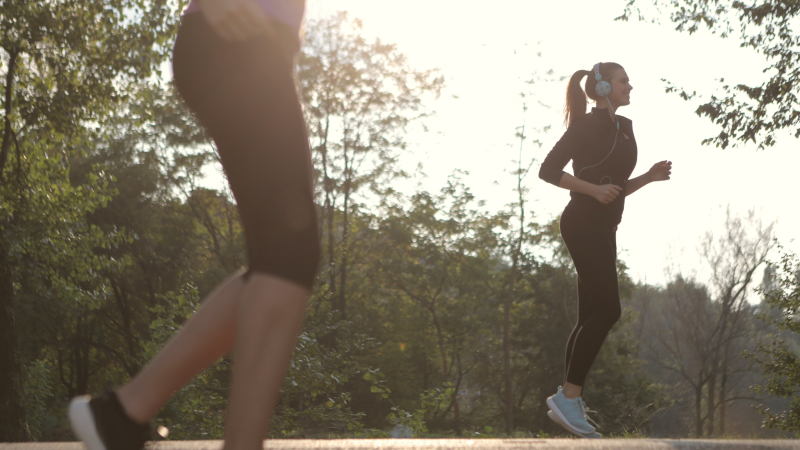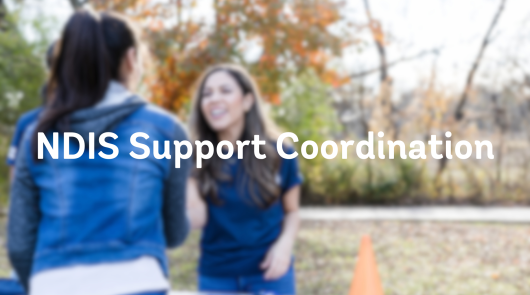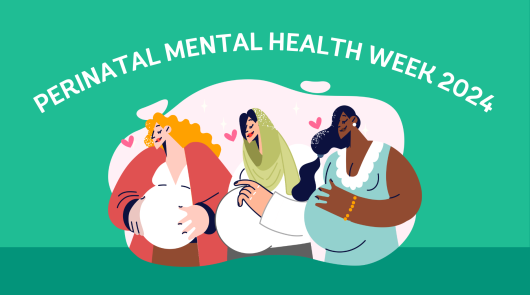
Schizophrenia is an illness that affects on the functioning of our brains, and impacts on a person's thoughts, feelings and actions. It affects about 1 in 500 people in Australia and approximately 24 million people worldwide.
In addition to medications and psychotherapy, research shows that exercise can help prevent and treat schizophrenia. It can also help avoid and treat some of the side effects of medication taken to treat schizophrenia.
Schizophrenia, weight gain and exercise
People with schizophrenia can gain weight as a result of an unhealthy diet, lack of exercise, or side effects from antipsychotic drugs. Some medications have a sedative effect, which can also make it harder to exercise.
Exercise can help control the risk of weight gain with schizophrenia. In addition, more physical activity will lower the risk of heart disease, diabetes, and could lower blood pressure. This is true even if you don’t achieve a lower body weight from exercise.
Physical activity can also help avoid osteoporosis, which is a condition that causes bones to weaken. This condition might be a problem for you if you take antipsychotics.
Exercise and schizophrenia symptoms
Some research suggests that physical activity can help with lack of interest, low energy, social withdrawal, and cognitive issues (like poor memory and thinking skills) – often caused by schizophrenia. In the general population, aerobic exercise has been shown to improve attention, processing speed, memory and executive functions, many of which are impaired in schizophrenia.
Experts have also found that when people with schizophrenia adopt an exercise program, their self-esteem, social interest, and behaviour improve. However, the results are different for each person. It’s still unclear how exactly physical activity improves these factors.
Other studies have found that exercise might be able to lower auditory hallucinations or hearing voices – although this might be because exercise distracts from these symptoms. Research in this area is very limited, so experts continue to look into the link between physical activity and schizophrenia symptoms.
Overall, however, there is strong evidence that exercise improves general mental health.
More physical activity could help relaxation, improve sleep, lower stress, help with overall mood, and increase motivation and self-esteem.
How much exercise should I do?
According to the Australian Government Department of Health and Aged Care, adults should do either 2.5 to 5 hours of moderate intensity physical activity, or 1.25 to 2.5 hours of vigorous intensity physical activity, each week.
Moderate intensity exercises might include a brisk walk, golf, mowing the lawn or swimming. Vigorous intensity physical activity could include things like jogging, aerobics, fast cycling, soccer or netball.
How to start exercising
Some physical activity is better than none, and more is better than a little. You don’t have to exercise to the point of being in pain to enjoy the health benefits.
If you don’t do any physical activity at all, start by just a little bit. You can build up gradually.
Do something that you enjoy or go for something different you've always wanted to try, such as walking, jogging, joining a team sport, taking a group fitness class, dancing and swimming.
Do not give up before you start to see the benefits. Be patient and keep at it.
For more tips on how to start exercising, check out this helpful Guide to Getting Active on HealthDirect.
How can we help?
Flourish Australia is community mental health service and registered NDIS provider that specialises in providing tailored peer-led support. This includes assistance with day-to-day living, employment, housing and more. To find out more about how we can help, contact us on 1300 779 270 or here.
For urgent help, call Lifeline on 13 11 14 or Suicide Call Back Service on 1300 659 467. If you are at risk of harm to yourself or others, call triple zero (000) and ask for an ambulance.
Talk to us today
For more information, contact us on 1300 779 270 or make an enquiry now.


